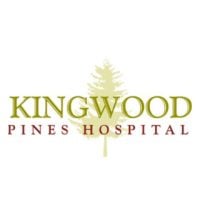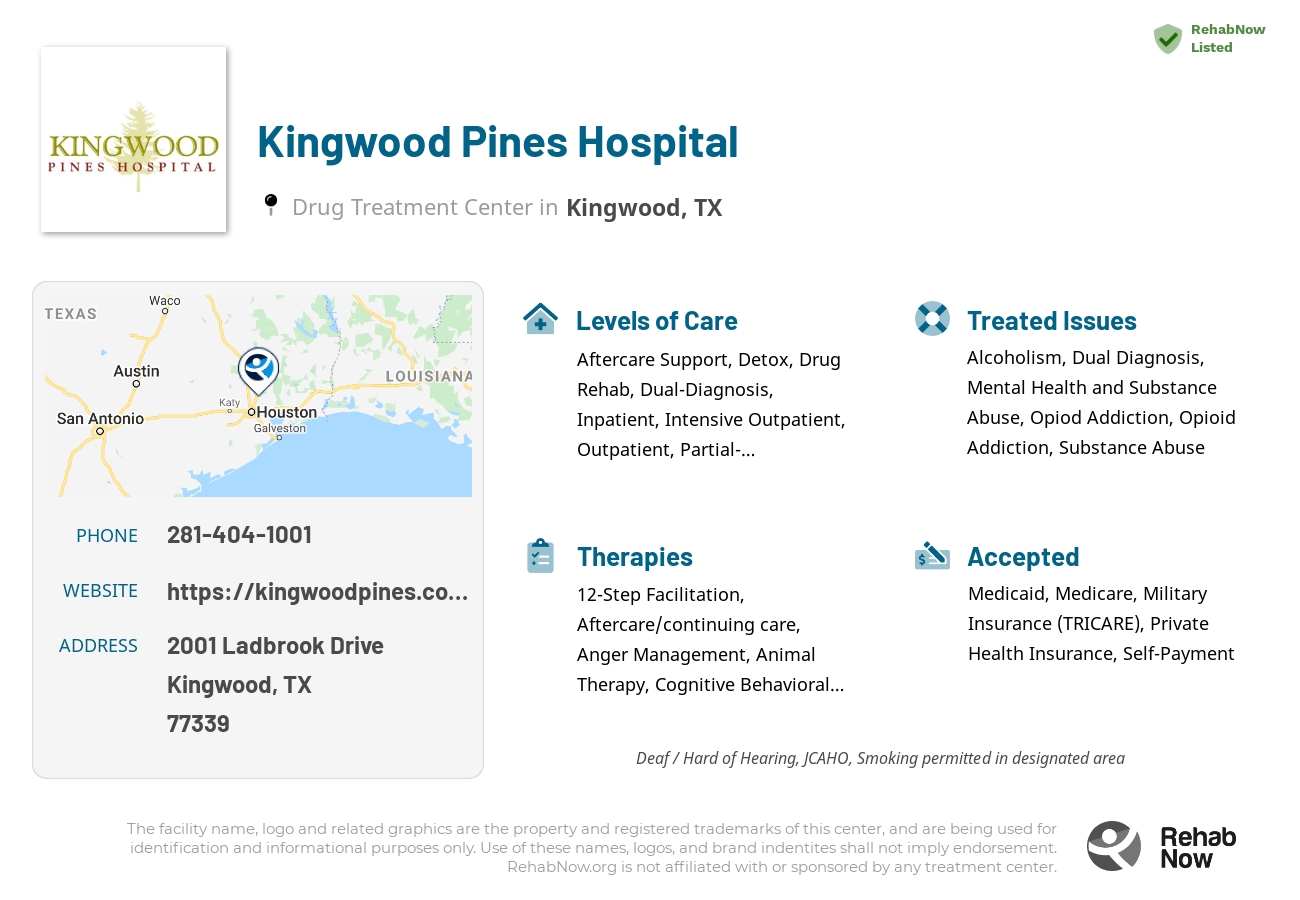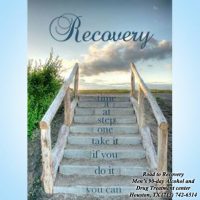Kingwood Pines Hospital
Drug Rehab Center in Humble, Texas
Kingwood Pines Hospital in Humble, Texas is an accredited addiction treatment facility offering inpatient and outpatient care services, including detoxification, therapy, and holistic treatment approaches, for individuals suffering from alcohol and opioid addiction, dual diagnosis, and other mental health and substance abuse issues.
About This Texas Facility
Kingwood Pines Hospital, situated in the North Houston area of Texas, is a behavioral health facility offering psychiatric and chemical dependency treatment for children, adolescents, adults, and seniors. The hospital provides both inpatient and outpatient services to help patients get back on their feet.
The facility's team is dedicated to providing the appropriate level of psychiatric care for patients of all ages, whether through inpatient treatment or intensive outpatient services. Kingwood Pines Hospital encourages those in need to call and discuss treatment options for themselves or their loved ones.
Kingwood Pines Hospital specializes in treating mental health disorders, substance abuse, and co-occurring conditions. The facility offers specialized programs for individuals struggling with both mental health issues and substance use disorders.
- Comprehensive mental health assessments to screen for addiction and co-occurring disorders
- Medically supervised detoxification program for safe and comfortable withdrawal
- Evidence-based practices in the inpatient program to treat substance abuse and mental health conditions
- Chemical dependency program tailored for adults over 18 years old
Accredited by the Joint Commission on Accreditation of Healthcare Organizations (JCAHO), Kingwood Pines Hospital provides a range of evidence-based treatment approaches, including medical detoxification, therapeutic support, and relapse prevention services. The facility may accept national insurance plans like Aetna, Cigna, BlueCross BlueShield, and Medicare, but it is essential to verify coverage with the insurance provider.
For individuals battling alcohol or opioid addiction, Kingwood Pines Hospital offers a comprehensive treatment program that addresses both the addiction and any underlying mental health issues. Through individualized treatment plans, medical detox, therapeutic support, and aftercare services, patients can work towards long-term recovery and a balanced life.
Genders
Ages
Modality
Additional
Accreditations

JCAHO
Conditions and Issues Treated
Many people who struggle with opioid addiction need to attend specific programs like methadone , Suboxone or Vivitrol clinics.
These types of programs will provide the patient with legal, prescription medications that can help them overcome their cravings for illegal opioids like heroin or fentanyl . If the patient has a chronic condition like Hepatitis C, they must undergo treatment before they can begin taking these medications.
Dual Diagnosis refers to someone who is both dealing with addiction and another mental health issue.
There are different kinds of Dual Diagnosis: A person who simultaneously experiences both a mental illness and an addiction disorder. Or, a person who experiences one or more coexisting (simultaneous) mental health conditions in addition to a primary substance use disorder.
Some conditions that commonly co-occur with addiction include:
- Personality Disorders (Borderline, Narcissistic)
- Mood Disorders (Bipolar Disorder, Depression, Anxiety Disorder)
- PTSD (Post Traumatic Stress Disorder), OCD (Obsessive Compulsive Disorder), ADHD (Attention Deficit Hyperactivity Disorder)
- Schizophrenia, Psychosis, Hallucinations, Delusions
Levels of Care Offered at Kingwood Pines Hospital
This center offers a variety of custom treatment tailored to individual recovery. Currently available are Detox, Drug Rehab, Dual-Diagnosis, Inpatient, Intensive Outpatient, Outpatient, with additional therapies available as listed below.
An addict may have to go through alcohol or drug withdrawal. While detox may be uncomfortable, it is not life-threatening. Detoxification allows the addict to rid the body of all traces of drugs or alcohol and gives the addict a clean slate for their recovery. In an inpatient or outpatient setting, detox can be managed medically.
Individuals who are suffering from severe addiction or have a high risk for dangerous health concerns are often recommended to receive inpatient treatment.
Choosing to enter an inpatient treatment program is beneficial for people who are suffering from severe addiction, or who have a high risk for dangerous health concerns.
Inpatient treatment is beneficial for:
- People who have a history of severe withdrawal.
- People who have attempted to overcome addiction on their own without success.
- People who have a history of relapse, or have recently relapsed.
- People at risk for drug overdose or withdrawal-related complications.
- People with medical conditions that are worsened by drug or alcohol use.
Outpatient addiction treatment is beneficial for people who are able to function well in their day-to-day lives. It is recommended for people who are not yet ready to end their relationships with friends or family members who might be encouraging drug and alcohol use.
Intensive outpatient treatment is beneficial for:
- People who are able to attend treatment more than 3 times per week.
- People who do not meet the criteria for inpatient treatment.
- People who are able to contribute to their own recovery outside of the treatment center.
- People who are motivated towards recovery.
- People who are able to overcome addiction on their own without the need for higher levels of care.
Outpatient treatment programs provide drug and alcohol addiction treatment through individual sessions with a counselor, group therapy, 12-step meetings, and other activities to help individuals gain sober living skills. Most programs are designed for those individuals who have completed a medically supervised detoxification program and provide opportunities for clients to begin the process of early recovery.
Outpatient programs also offer a level of medical support as needed and psychological backing through therapy. Clients are encouraged to live at home, though there may be some flexibility regarding this requirement based on the circumstances and needs of each patient.
Outpatient treatment is perhaps the most common type of dual diagnosis program available. It does not pose a significant financial burden on patients. However, it is essential to note that outpatient treatment does not provide the support and supervision given in residential programs. Some addicts may need this level of support to maintain their sobriety.
Therapies & Programs
The main goal of family therapy for drug addiction is to create an environment where communication can occur without judgment, hostility, or blame that often occurs within a family.
Family therapy is a type of group problem-solving that aims to improve communication and relationships between the patient, their family, and sometimes friends. The therapist is with the family as they learn to communicate with each other differently, especially with the addict when s/he is using.
The family can learn to reduce their enabling behavior or rally together and support each other during tough times. The patient also learns how to deal with their addiction and maintain sobriety while interacting with the family.
Different types of addiction treatment services are available. Within this article, group therapy is of interest due to its high success rate compared to individual therapy. Group therapy settings are beneficial because they allow recovering addicts to build a strong support network.
Benefits of group therapy are:
- Reduces feelings of isolation
- Immediate access to social support in the form of fellow addicts in recovery
- Lowers risk of relapse
- Increases rate of sobriety
- Builds coping skills that can be applied to everyday life
Patient Experience
Creative Arts
Creative Arts Therapy (CAT) is a form of art therapy that uses creative activities such as music, painting, drama, and writing to help patients explore their feelings. It can help people struggling with addiction or mental illness access their inner voices and discover their unique potential. It is particularly effective with people who may not respond to other forms of therapy or lack the motivation to take part in more traditional forms of counseling.
Experiential Therapy at Kingwood Pines Hospital
Experiential therapy is a form of psychotherapy where patients are asked to engage in activities such as role-play, poetry writing, music composition, exercising, or journaling to help process intense feelings. The aim of the therapy is to help patients access deeper, often hidden emotions by helping them explore their own body and mind.
Payment Options Accepted
For specific insurance or payment methods please contact us.
Is your insurance accepted?
Ask an expert, call (888) 674-0062
Additional Details
Specifics, location, and helpful extra information.
Humble, Texas 77339 Phone Number(281) 404-1001 Meta DetailsUpdated April 15, 2024
Staff Verified
Patient Reviews
There are no reviews yet. Be the first one to write one.
Humble, Texas Addiction Information
Texas is one of the primary hubs for drug smuggling into the country. The border between Texas and Mexico is more than 1,000 miles long. More than 10 million residents use alcohol every year and more than 25% of those are minors. Alcohol and drug use has become so common in Texas that almost 15% of all deaths can be attributed to these substances.
In Humble, TX every year there are about 870 deaths from alcohol-related causes. 4 out of 10 people who are homeless also have a drug or alcohol problem. Each year, an estimated 18-28% of college students experience symptoms of depression from drinking too much alcohol. There are quite a few different types of drug treatment available in Humble, Texas. Some common options include inpatient rehab, outpatient rehab, and 12-step programs.
Treatment in Nearby Cities
- La Marque, TX (49.3 mi.)
- Big Spring, TX (400.1 mi.)
- Grapevine, TX (227.7 mi.)
- Eastland, TX (267.6 mi.)
- Wylie, TX (218.9 mi.)
Centers near Kingwood Pines Hospital
The facility name, logo and brand are the property and registered trademarks of Kingwood Pines Hospital, and are being used for identification and informational purposes only. Use of these names, logos and brands shall not imply endorsement. RehabNow.org is not affiliated with or sponsored by Kingwood Pines Hospital.











